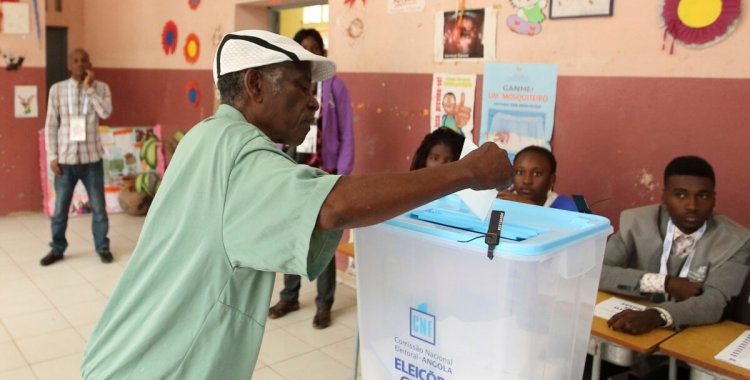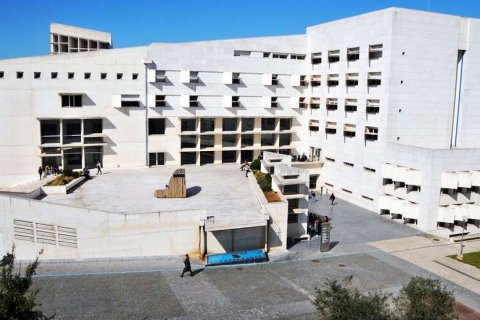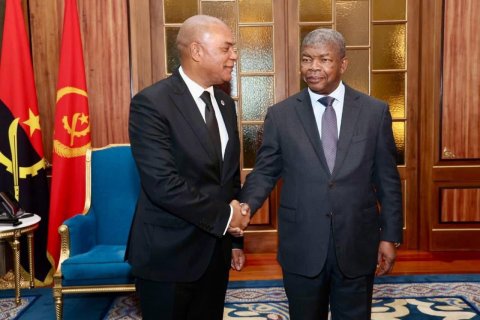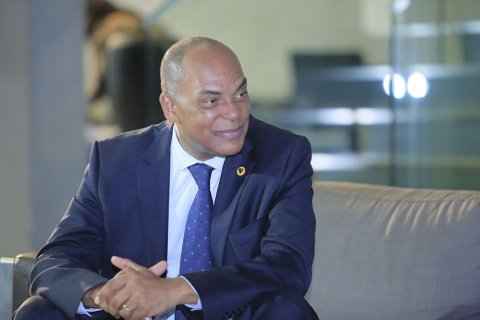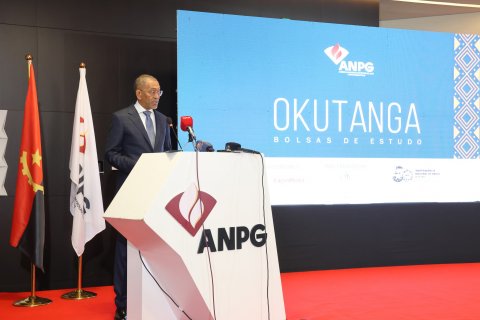Civil society considers that the Organic Law on General Elections contains “structural deficiencies” that must be corrected to guarantee transparency and electoral integrity.
In the manifesto to which Lusa had access, signed by 24 civil society organizations in Angola and individuals, the National Assembly is urged to halt the mechanism for approving proposed changes to the law.
Currently, proposals to amend the law are being discussed in parliament, initiated by the Government, supported by the Popular Movement for the Liberation of Angola (MPLA) and the National Union for the Total Independence of Angola (UNITA).
For the signatories of the manifesto, an initiative of the Mudei Civic Movement, the proposed amendments “were submitted by the parties competing in the 2027 elections without due consultation with the sovereign", the people.
These recall the constitutional right to legislative initiative and consider that the rights to participate in the country's political life “have been systematically denied, compromising the transparency and fairness of the electoral process”.
“Once again, there is an attempt to change the rules of the [electoral] game without the involvement of society, through proposals exclusively from the MPLA and UNITA,” the manifesto says.
According to the signatories, the proposal aims to “correct structural deficiencies” in the aforementioned law and consolidate electoral democracy in Angola, through various measures, such as guaranteeing transparency and electoral integrity and the independence of the National Electoral Commission (CNE).
The signatories of the manifesto advocate reforming the composition of the CNE to ensure that its members are chosen independently, without political influence, eliminating the possibility of them emanating from political parties involved in the dispute.
On the other hand, they also propose active monitoring and observation by civil society, namely free access for national and international observers to the electoral process to reinforce the legitimacy of the results.
Equitable access to the media, to guarantee equal opportunities for all candidates in presenting their proposals to the electorate, and impartiality of the courts in validating the results, with the creation of an electoral court, separate from the Constitutional Court, are still among the proposals set out in the manifesto.
The manifesto also requests that it be ensured that the discussion of the proposal to be discussed in the parliamentary debate is broadcast live by the media for proper monitoring by citizens.
By 11:30 am, the manifesto had been signed by 280 people.
Law No. 9/22, of April 20, which regulates the exercise of the right to petition, consulted by Lusa, does not mention a minimum number of signatures for a petition to be considered valid or considered by the National Assembly.

